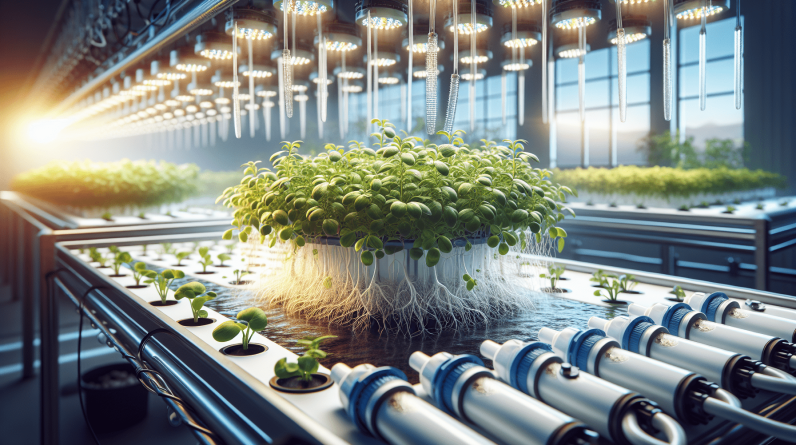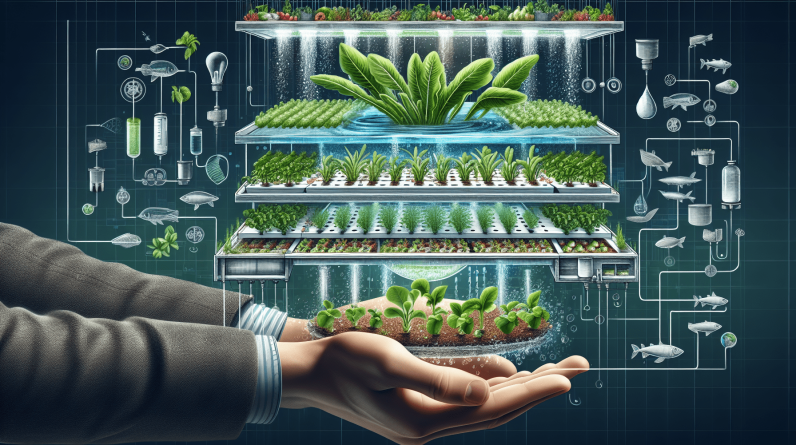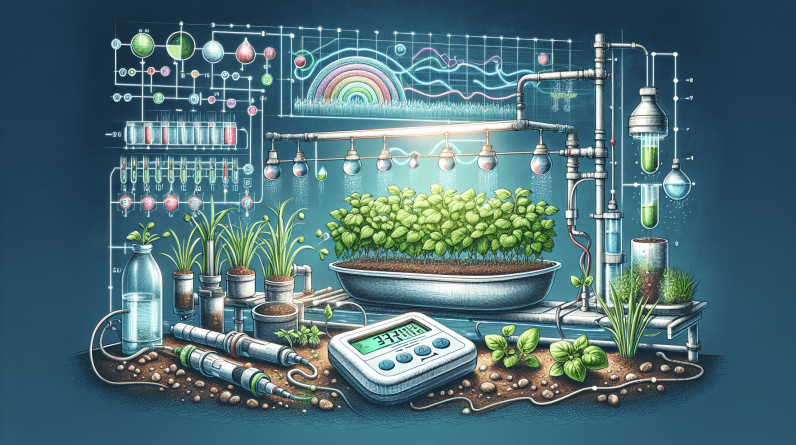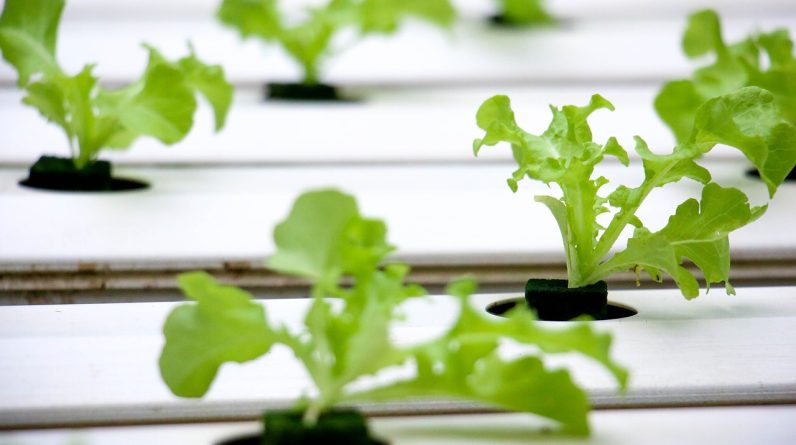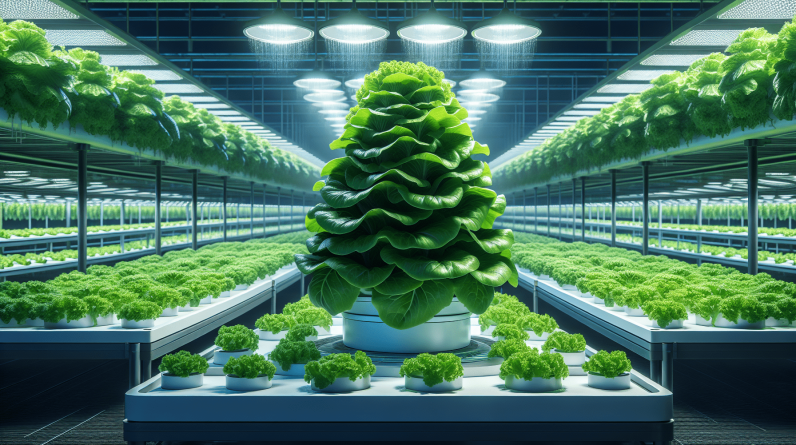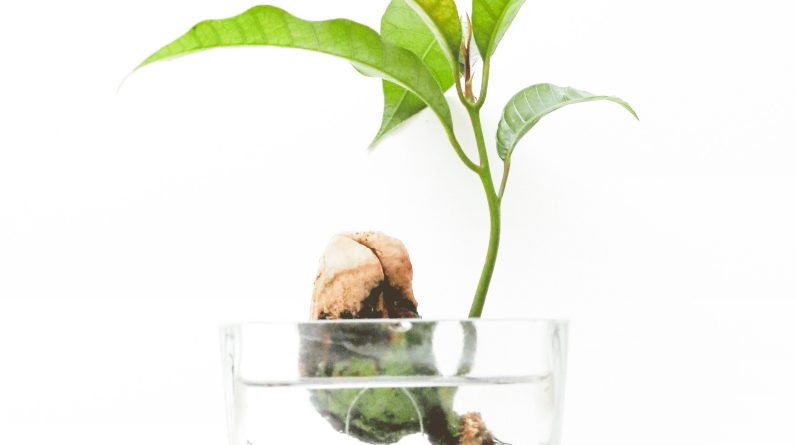
Are Hydroponic growing systems Really Low-Maintenance?
Hydroponic growing systems are becoming increasingly popular among gardeners and farmers for their numerous benefits. But are these systems truly as low-maintenance as they’re claimed to be? Let’s delve into the details to find out.
Understanding Hydroponic Growing Systems
Hydroponic growing systems are a method of cultivating plants without the use of soil. Instead, plants are grown in a nutrient-rich water solution, providing them with everything they need to thrive. This method allows for faster growth and higher yields compared to traditional soil-based gardening.
It’s essential to familiarize yourself with how hydroponic growing systems work before determining their maintenance level.
Factors Affecting Maintenance Requirements
Several factors can influence the maintenance level required for hydroponic growing systems. These include the type of system used, the number and types of plants being grown, the water quality, and the overall environmental conditions in which the system is operating.
Understanding these factors will help you gauge the level of maintenance your hydroponic system may need.
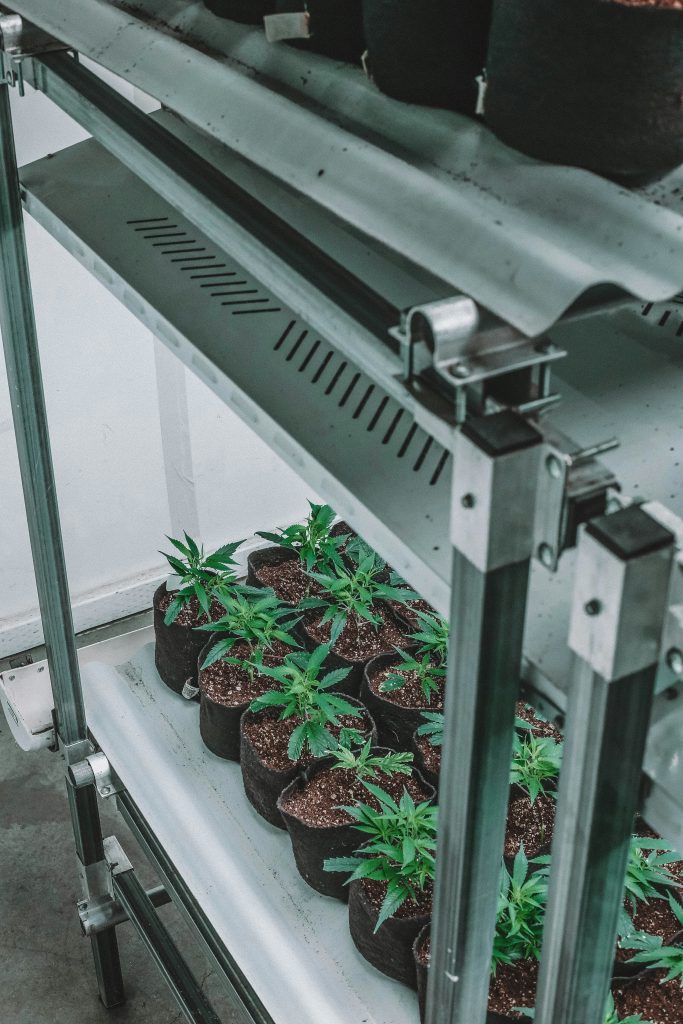
This image is property of images.unsplash.com.
Are Hydroponic Systems Really Low-Maintenance?
While hydroponic growing systems are often touted as being low-maintenance, the reality may vary based on several factors. In general, hydroponic systems can be relatively low-maintenance compared to traditional soil gardening. However, they still require regular monitoring and upkeep to ensure optimal plant growth and productivity.
Let’s explore some key reasons why hydroponic systems are considered low-maintenance and how you can make the most of this innovative gardening method.
Water Conservation
One of the significant advantages of hydroponic systems is their efficient use of water. These systems use up to 90% less water than traditional soil gardening, making them a sustainable choice for water-conscious gardeners. Less water usage means fewer refills and less overall maintenance required to keep the system running smoothly.
Embracing water-saving techniques in your hydroponic system can contribute to its low-maintenance nature.
Elimination of Soil
By eliminating soil from the growing process, hydroponic systems mitigate many soil-related issues that can arise in traditional gardening, such as soil compaction, nutrient depletion, and pests. Without soil to manage, you’ll spend less time tilling, weeding, and dealing with pests, reducing the overall maintenance workload of your hydroponic system.
This soil-free approach contributes to the low-maintenance reputation of hydroponic growing systems.
Pest and Disease Control
Hydroponic systems are less prone to soil-borne diseases and pests, thanks to the absence of soil. This reduces the need for chemical pesticides and fungicides, making plant maintenance simpler and more environmentally friendly. With fewer pests to contend with, you can spend less time monitoring and treating plant issues, enhancing the low-maintenance aspect of hydroponic gardening.
Maintain your hydroponic system’s cleanliness and monitor plant health regularly to prevent any potential pest or disease outbreaks.
Automated Systems
Many hydroponic systems come equipped with automated features that streamline the growing process and reduce the need for manual intervention. Automated systems can regulate water flow, nutrient levels, and lighting schedules, allowing you to focus on other aspects of plant care without constant oversight. These automation features contribute to the overall low-maintenance nature of hydroponic growing systems.
Investing in automated technology can make managing your hydroponic system more efficient and less labor-intensive.
Nutrient Management
Ensuring proper nutrient balance is crucial for the success of hydroponic plants. While nutrient solutions provide essential elements for plant growth, maintaining the correct nutrient levels can sometimes be a challenge. Regularly monitoring and adjusting the nutrient solution based on plant growth stages and environmental conditions is necessary to prevent deficiencies or excesses that could impact plant health.
By carefully managing nutrient levels, you can promote healthy plant growth and reduce the need for extensive maintenance in your hydroponic system.
Tips for Maintaining a Low-Maintenance Hydroponic System
While hydroponic systems offer several benefits that contribute to their low-maintenance nature, there are additional steps you can take to ensure your system runs smoothly with minimal effort. Here are some tips to help you maintain a low-maintenance hydroponic growing system:
- Regularly check and adjust nutrient levels to meet plant needs and prevent nutrient deficiencies.
- Clean and sanitize your system components to prevent the buildup of algae, bacteria, or mineral deposits that could clog or damage the system.
- Monitor plant health and growth regularly to identify and address any issues before they become serious problems.
- Maintain proper lighting levels and schedules to support plant growth and productivity.
- Invest in quality components and equipment to ensure the longevity and efficiency of your hydroponic system.
- Stay informed about best practices for hydroponic gardening and continue learning about new technologies and techniques that can enhance your system’s performance.
By following these tips and staying proactive in your hydroponic system maintenance, you can enjoy the benefits of a low-maintenance gardening method that produces healthy, vibrant plants with minimal effort.

This image is property of images.unsplash.com.
Final Thoughts
While hydroponic growing systems offer many benefits and are generally considered low-maintenance compared to traditional gardening methods, they still require regular attention and care to ensure optimal plant growth and productivity. By understanding the factors that influence maintenance requirements, implementing water-saving practices, utilizing automation features, and monitoring nutrient levels, you can maintain a successful and low-maintenance hydroponic system.
Whether you’re a seasoned gardener looking to explore new methods or a novice interested in innovative growing techniques, hydroponic systems can provide an exciting and rewarding way to cultivate fresh, nutritious crops year-round. With the right knowledge and dedication, you can enjoy the convenience and efficiency of hydroponic gardening while reaping the benefits of a bountiful harvest.





